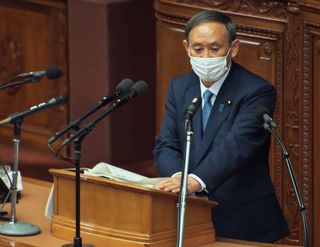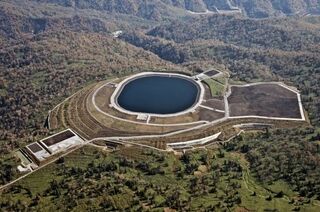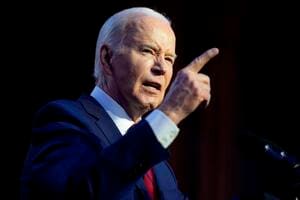Japan is attempting to negotiate a peace treaty by welcoming the foreign minister of a country that is about to invade Ukraine. This is a clear signal that Japan is willing to overlook the invasion of Ukraine, even if that has not been explicitly stated.
In fact, this is not the first time that the Japanese government and Ministry of Foreign Affairs have taken such a stance. During the Crimean crisis and the conflict in eastern Ukraine in 2014, the Japanese government maintained contact with Russia to continue negotiations on the Northern Territories. It did not align itself with Western countries and was reluctant to impose economic sanctions on Russia.
Prime Minister Abe intended the Nagato talks in 2016 to be the final stage of these negotiations, but the result forced Japan back to the drawing board. As former Prime Minister Abe revealed at the end of last year (2021), the negotiations at that time had narrowed to focus on the return of the two islands of Habomai and Shikotan, but Putin's government would not agree to even that.
It appears that the Japanese government did not learn from this experience and again intends to press forward with negotiations for a peace treaty. It is hard to believe that the Putin regime would now be willing to make concessions, but for whatever reason the Japanese government remains optimistic.
It may be that the Japanese government intends to accept President Putin's absurd proposal in 2018 that a peace treaty without preconditions be concluded before resuming discussions. However, it seems likely that Russia will only take a superficially conciliatory stance without actually offering any real progress, much like what occurred during the Crimean crisis and the conflict in eastern Ukraine in 2014. In short, in order to weaken the Western coalition, Russia will first try to undermine Japan, which is the most vulnerable.
The “supporting operations” around Japan that will accompany the Ukraine invasion
The invasion of Ukraine is Russia's main operation, but it could also be said that Russia is conducting "supporting operations" of a political nature to ensure the main operation's success. This includes using negotiations for a peace treaty to undermine Japan and using energy supply issues such as gas to undermine Germany. Russia has overwhelming military power over Ukraine, but if the West were to unite in condemnation and sanctions, it is very easy to imagine that the political and economic situation in Russia would become unfavorable for Putin.















